“I wish it need not have happened in my time,” said Frodo.
“So do I,” said Gandalf, “and so do all who live to see such times. But that is not for them to decide. All we have to decide is what to do with the time that is given us.”
Coming out last week from a full isolation, weeks-long self-quarantine since the end of February, I saw a very different world from the one I isolated myself from just less than a month ago. Back then, although the Novel Coronavirus 2019 (COVID-19) had already been a very real threat in a handful of certain countries since January, the Philippines and much of the world were still going about with business-as-usual.
When the number of the confirmed COVID-19 cases in the Philippines started rising a few days ago, it first seemed like our health care system and the authorities would be able to handle the crisis. But, with each passing day, we were just beginning to see how really big a threat the now-pandemic really is. It is also profoundly revealing the cracks in the system.
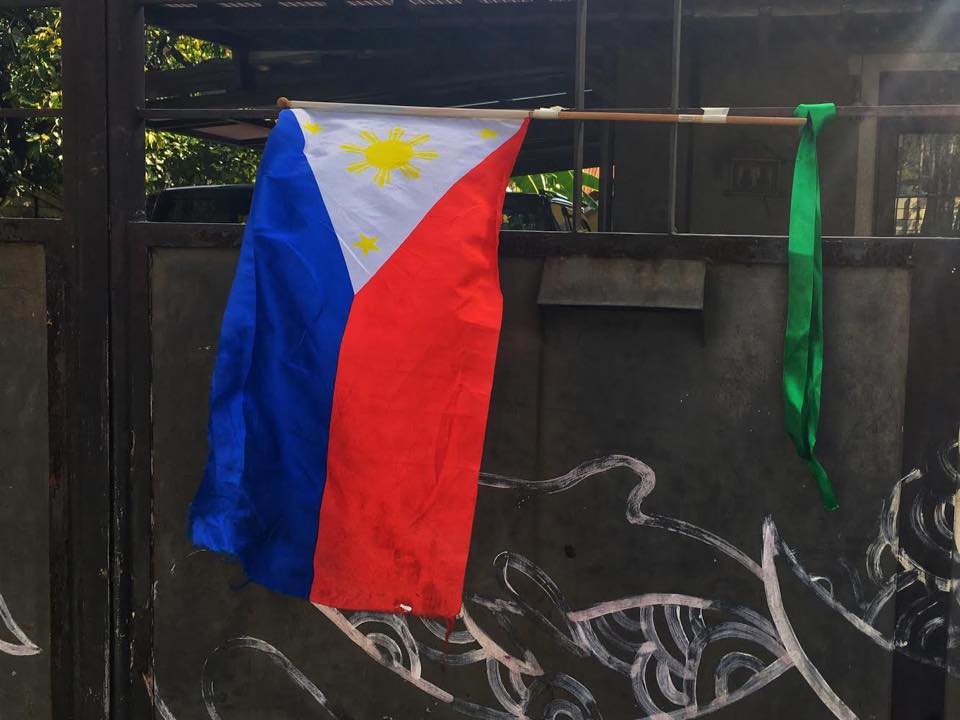
In an effort to contain the spread of infection, a Community Quarantine measure was first imposed on the whole of Metro Manila, then an Enhanced Community Quarantine for the whole of Luzon. Finally, Extreme Enhanced Community Quarantine is implemented in barangays that were considered “hot areas” due to the number of infections.
The imposition of measures on social distancing, especially the ban on public transport, is giving birth to other challenges. Health workers, sanitation workers, food service workers, keepers of the peace, and other frontliners suddenly had no means to get to and from work. Daily wage earners and students quarantined in their homes and dormitories had no means to buy food to eat. Homeless people who already live in the streets had nowhere to go, no trade to ply, and now even less options to fight hunger.
But as governments around the world struggle with the magnitude of the pandemic, we are seeing citizens rising up and braving the challenges to let fellow human beings—especially those from the most vulnerable sectors who have the least means to cope with the crisis—know that no one should be left behind! Citizen-led efforts, such as community kitchens, Lend-a-Bike and Oplan Hatid[1] for frontliners, and other crowd-sourced initiatives are being organized everyday.
Inspired and awed by these everyday heroes, I decided to heed the invitation from friends and joined one such effort as a volunteer driver.
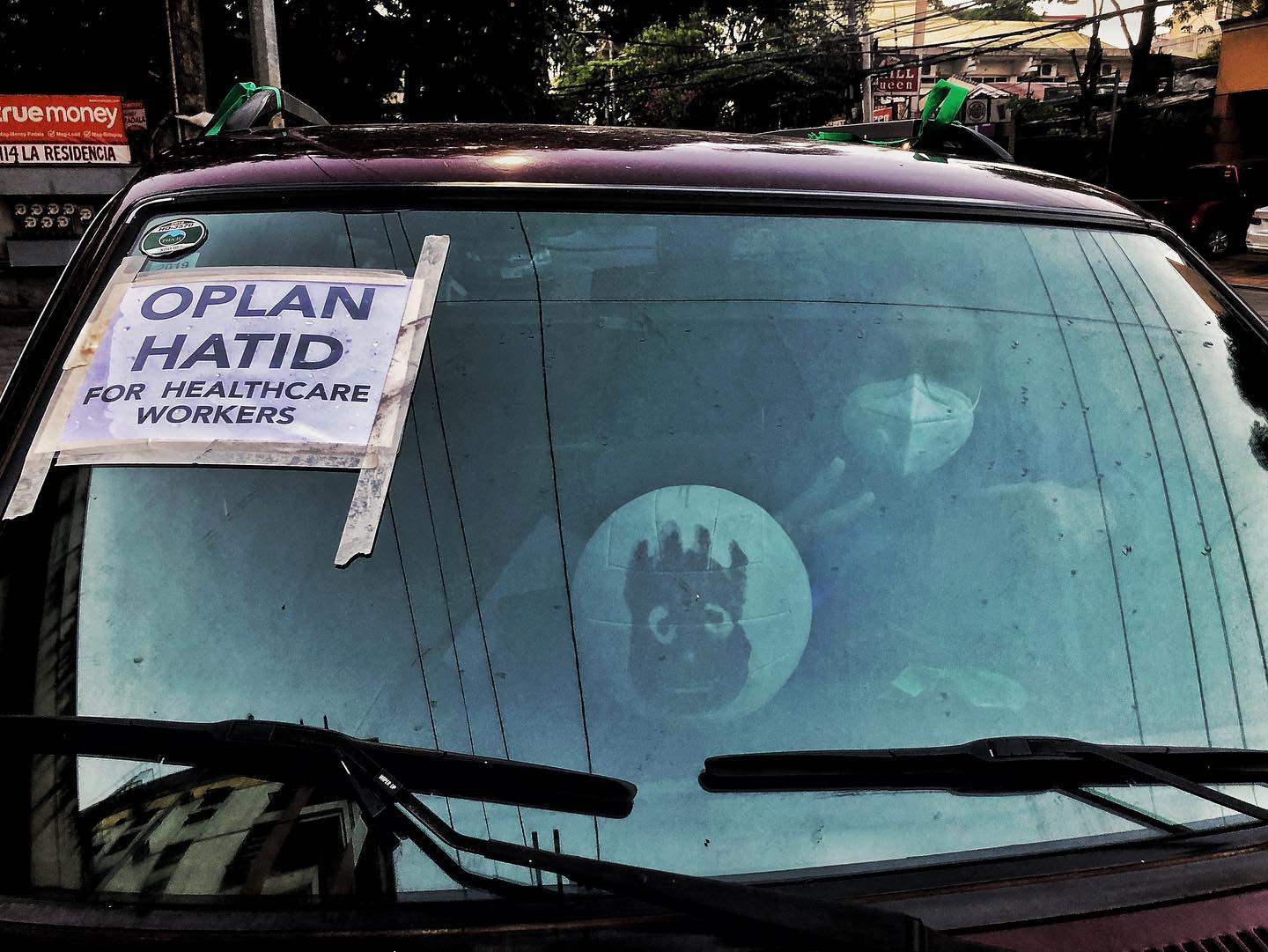
Oplan Hatid has a simple operation process: Volunteers with vehicles are called on via smartphone by a Central Dispatch to ferry frontliners from a pick-up point to medical centers in the metro. Drivers wear protective gear and maintain a safe distance from passengers. After each trip, the volunteer and vehicle have to undergo a stringent sterilization procedure before being sent on the next trip by Central Dispatch.
My first day on the job started before the break of dawn, with the first trip around 5:00am. (But you can, of course, choose what time you are willing to volunteer, based on the requests that the command center receives). This is the typical time early in the day our healthcare workers leave their homes to commute to their jobs. My last trip ended at 8:00pm and I was able to get home at 9:00pm. In between the booked trips, I would hang around the hospitals, and soon enough health workers coming out of the buildings would be agonizing about how they would reach their homes and my car would be their gleeful ride. My trips, which averaged 4 per day in the last three days, consisted mostly of health workers and hospital staff who needed ferrying to and from hospitals, or from the hospitals to their homes at the end of their shifts.
In no uncertain terms, these frontliners are true heroes. Only rightly so, especially with the exposure and long hours they endure in their work to try and make sure lives are not lost, whether it is the dreaded COVID-19, or other numerous life-threatening illnesses (lest we forget there are millions of patients already suffering from other serious diseases).
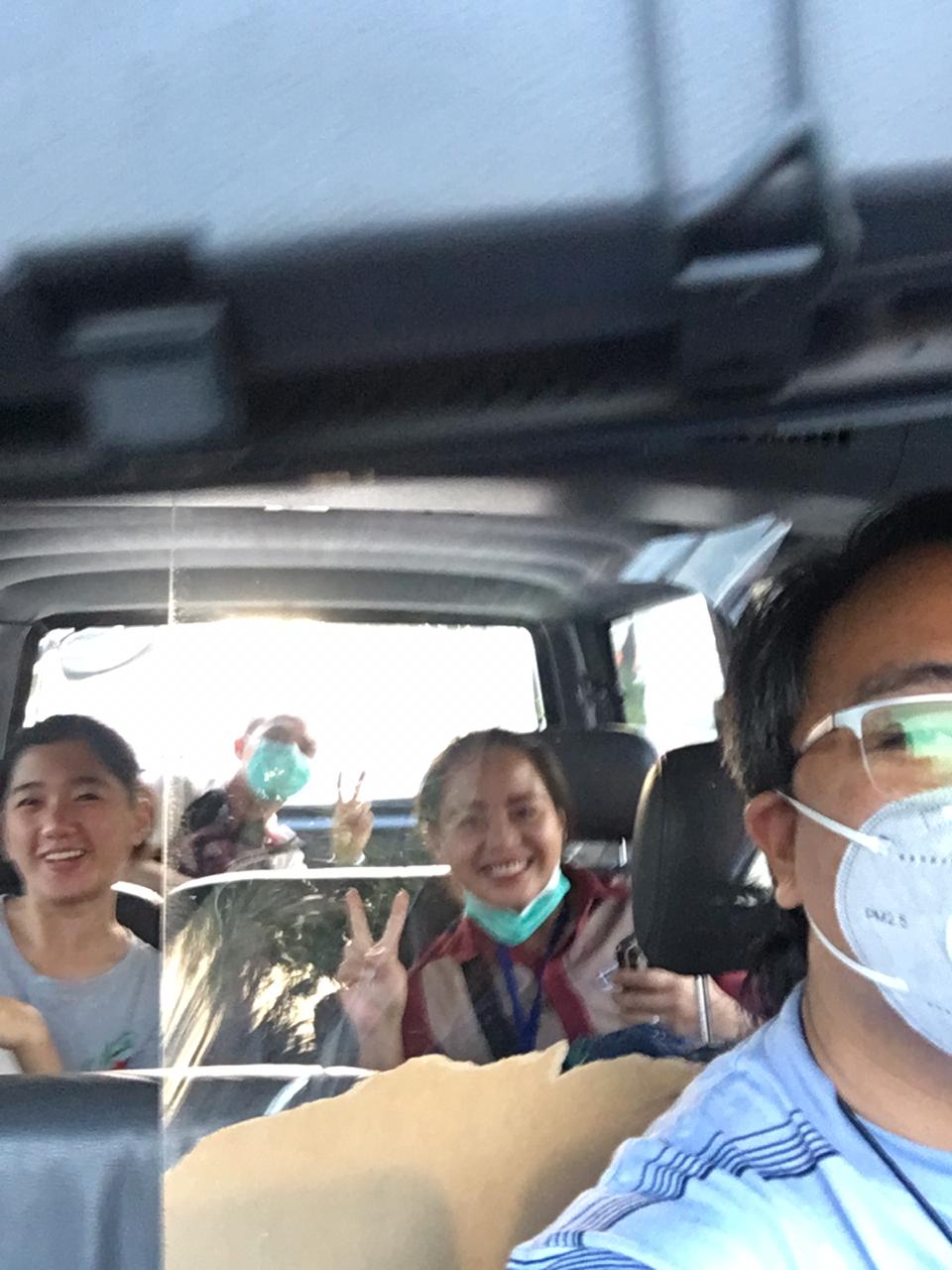
The encounter with these heroes, as they climb into the back of my car, is nothing short of a life-changing experience. It is both heartbreaking and uplifting. To hear about their struggles, but to also bear witness to their kindness, calmness, and even humor despite everything, was absolutely inspiring and deeply moving. Their stories speak of how even in ordinary days they contend with insane traffic and life in general, how they have rapidly learned how to cope with the situation, how they eagerly want to get to work, or how COVID-19 should not unhinge our society. Truly remarkable, our frontliners, our everyday unsung heroes.
Some people, including my erstwhile passengers, have pointed out that I have become a frontliner myself, and they ask me why I am doing this instead of staying at home with my family, whom I haven’t spent too much time with in the last few weeks, and in general because of my climate activism. But my family is strongly one with me in this. My wife and kids would welcome me back home at the end of the day and ask how many people I helped today. They would be extremely curious about the frontliners I met and everytime my phone sounded another Oplan Hatid booking, my kids would tell me I have a hero to fetch. We know that the world is changing and, as a family, we need to contribute to how we want the new world to be shaped. And we want it to be a world where everyday heroism is appreciated, rewarded, and nurtured, and where compassion and care for others is the standard. The little part we play in this is to be instruments of hope. After all, hope is the only thing stronger than fear. My hope and belief is that another world is possible, despite coronavirus and, hopefully, because of it. As Gandalf said to Frodo when they were agonizing about the return of Sauron and the finding of the ring by Gollum, “all we have to decide is what to do with the time that is given us.”
Despite the uncertainties ahead, despite the injustices and inequities in this world, despite our own follies as humans, despite our governments and corrupt institutions, despite the greedy corporations, we need to embrace the possibility of something better, and welcome the opportunity to be instruments of hope. We don’t have to be fearless; just to be courageous. We don’t have to be blindly optimistic; just to be hopeful. And it’s alright to be angry, upset, and scared. But perhaps, for humanity’s sake, to let the power of love conquer and allow ourselves to be candles in the dark.
I believe that crisis does not build our character. Crisis reveals our character. I would like to pin my faith on the world taking on this crisis in a way that reveals our solidarity and that encourages us to support each other and make another world possible. To be perfectly honest, we are not certain what the future exactly looks like, but there is one thing I am certain of—one that my hero passengers have inspired—if we stand together and link hands (even if only figuratively), #WeWillOvercome and we will #RiseAbove.
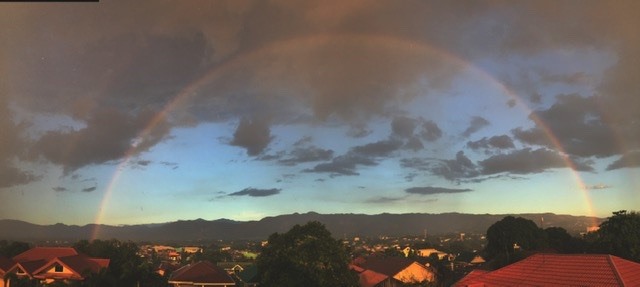
[1] Oplan is the abbreviation for Operation Plan. Hatid is the Filipino word for “deliver,” or to bring someone to their destination

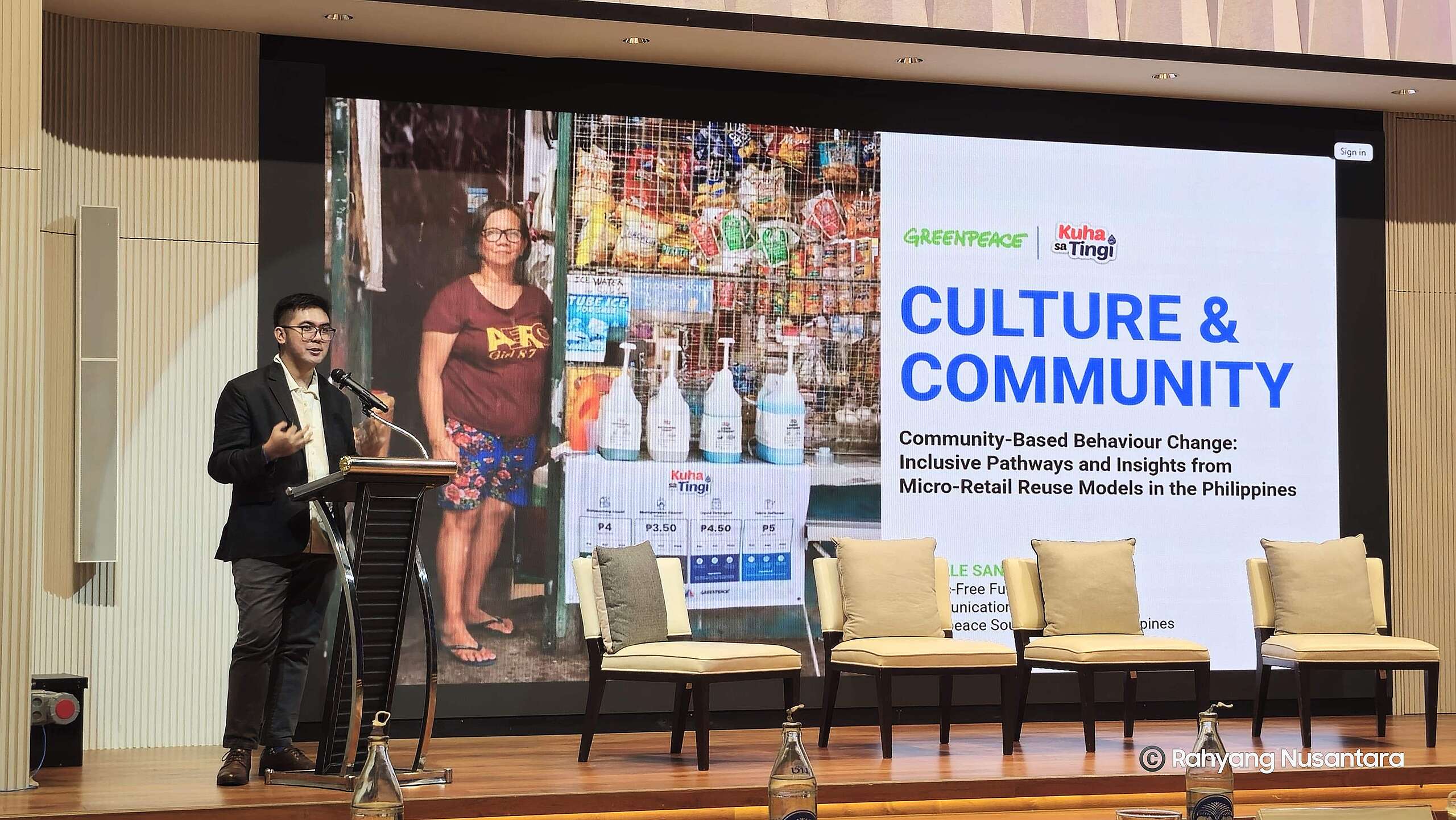
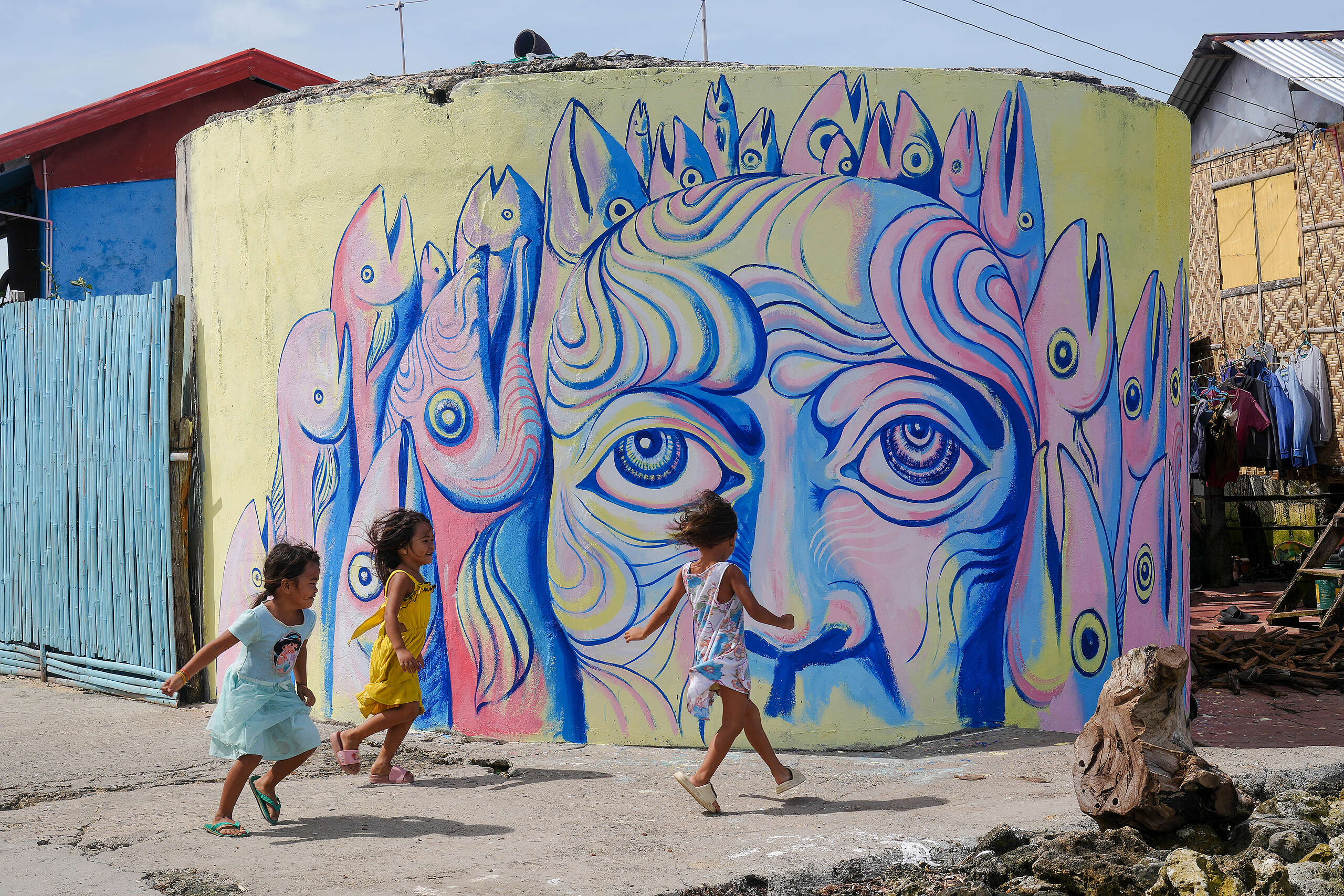
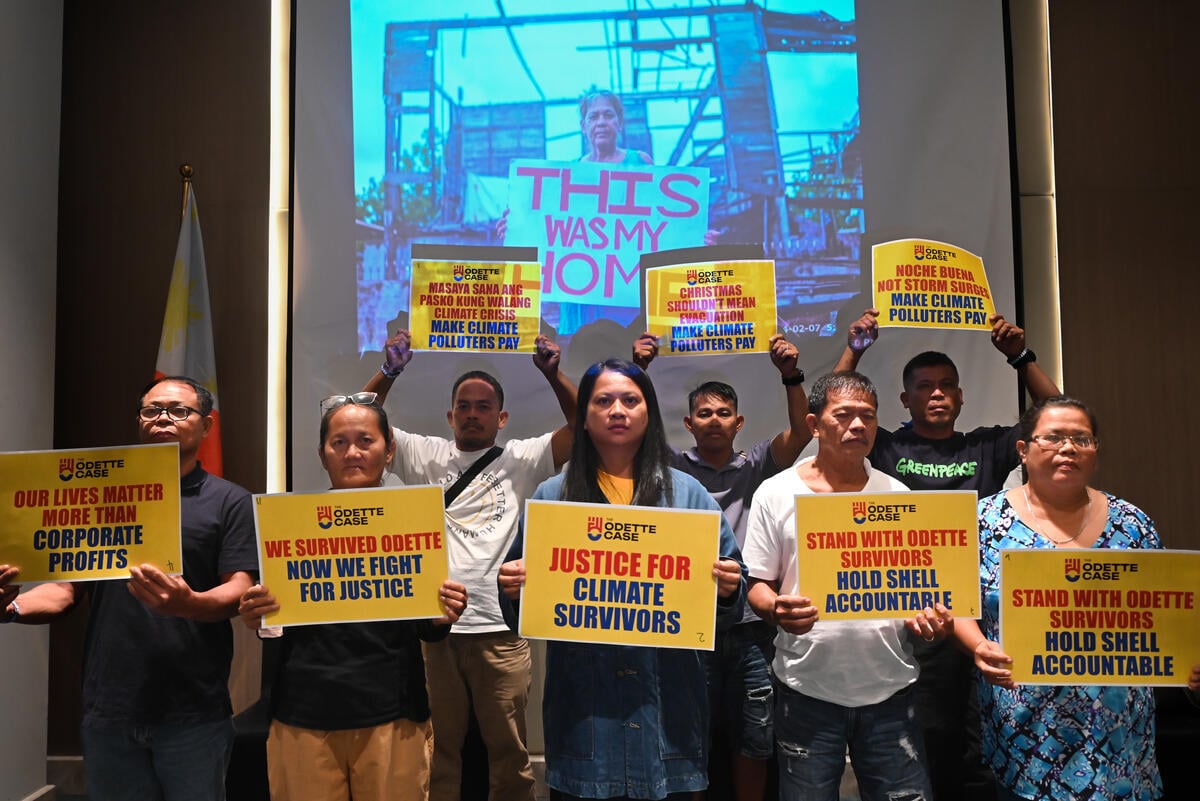
Discussion
can i join oplan hatid i have car for rent.
Can i join oplan hatid i have a car for rent
Hello Jaypee and Robert, you may reach out to the group directly. Please search for "Oplan Hatid laban sa COVID" in Facebook.
G20summit on 3/27/2020 has not discussed about how all nations will make effort to prevent from the other COVID-19 pandemic in the future. All world leaders should have discussed about How much amount of revenue each nation should return to the nature to recover, and to clean the contamination in the earth and ocean in planet.